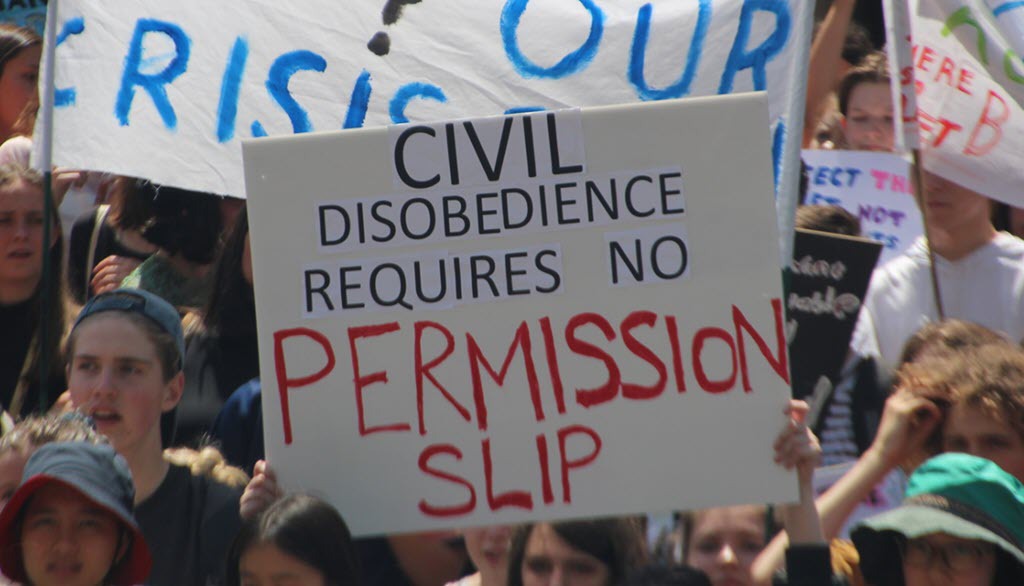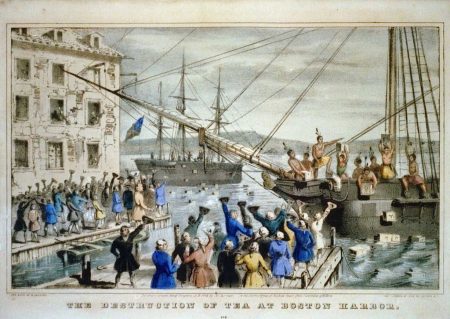Civil disobedience by definition is an act of purposely breaking the law to elicit change in society and the government.
People who practice civil disobedience accept the consequences of their actions of breaking the law.
Civil disobedience is historically supposed to be nonviolent.
However, that presence of violence in civil disobedience is not unusual both now and in the past.
Civil Disobedience and Violence

Violence has a home in civil disobedience, but it is not always what you envision when you think of violent protests.
Martin Luther King led protesters during the Sit-in Movement to cause unrest peacefully.
As the Black community and its allies sat where they were not supposed to at the lunch counters, it was the white community that behaved violently.
This intentional act was to show the world that the violence was not done by the protesters.
It created an alarming contrast to illustrate the need for Civil Rights in the first place.
Even though MLK found value in the power of peaceful protests, are there times violence is necessary to create change?
Martin Luther King Jr.’s Outlook on Violence and Rioting
In the current landscape of the Black Lives Matter movement, we often hear comments that MLK advocated for peaceful protests and that the current protests should follow suit.
However, MLK also is on record saying that riots the language of the unheard.
Many times, the oppressor uses the call to protest peacefully to silence the voices of the oppressed to maintain the comfort of the status quo.
It is easy to muzzle the voices evident in civil disobedience, and many times the oppressor calls for quiet for their own benefit.
Therefore, what is a peaceful protestor to do when ignored by society and the government?
Henry David Thoreau’s Writings on Civil Disobedience

The debate on civil disobedience and how it relates to violence is not new.
Currently, many look at civil disobedience and only see the damage that comes from vandalism.
However, just as many fail to find the intended message.
David Thoreau thought that challenging unjust laws is a moral obligation of the citizens.
Also, Thoreau leaned towards nonviolence in civil disobedience and wrote about it extensively.
However, he also wrote in support of the violent acts perpetrated by protestors during his time.
We still debate civil disobedience today, and while some believe there is no moral justification for violence in civil disobedience, others feel it is necessary for progress.
In the end, we still circle back to the same question.
What options do those who protest have when their grievances are minimized and ignored by the government and society?
Featured image: Piqsels





